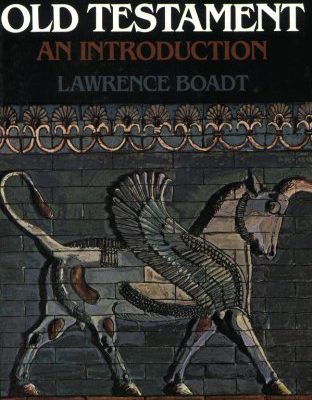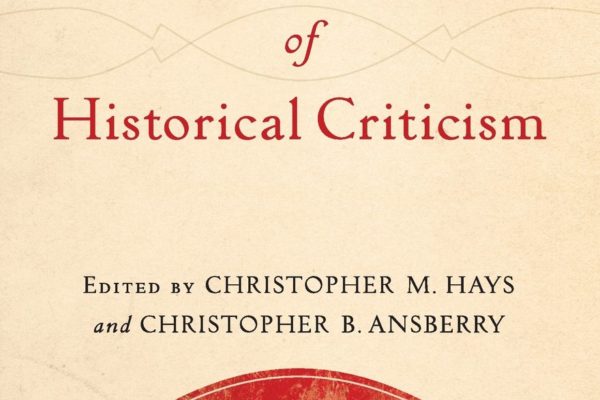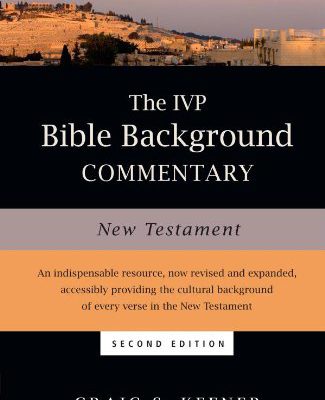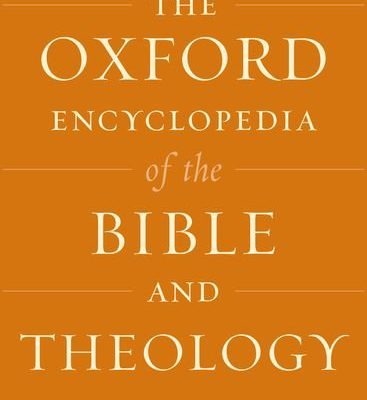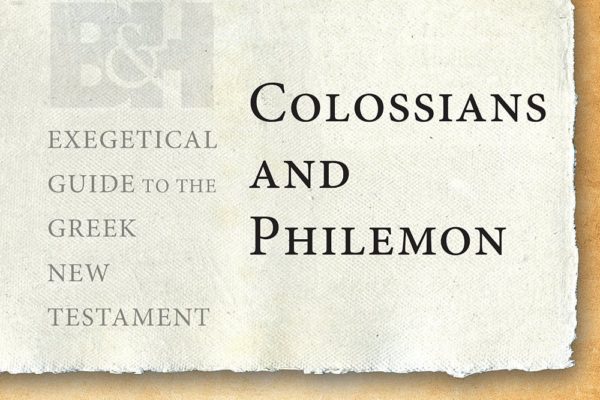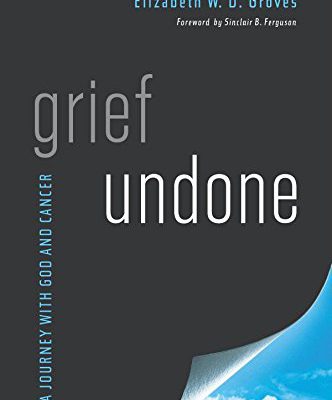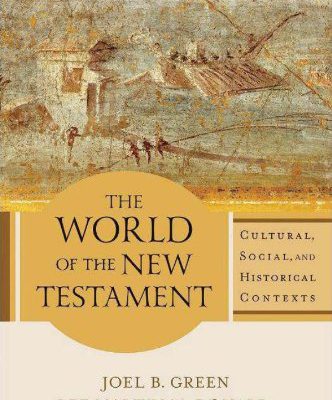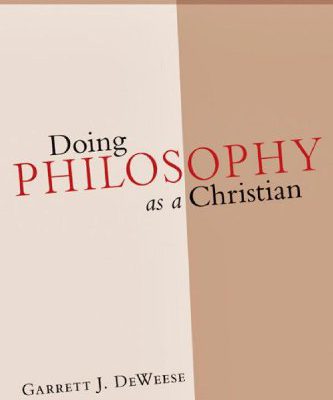Galatians: A Handbook on the Greek Text (BHGNT), by David A. deSilva
I’m not sure why a series such as this one wasn’t published sooner. The Baylor Handbooks on the Greek New Testament are a beautiful addition to the library of any student, pastor, or scholar. The purpose of these volumes is to give a grammatical and syntactical analysis of the Greek text of each book of the Bible. This is the “prequel” to commentary proper (ix). However, as we will see, deSilva’s volume does more than label Greek words or phrases with their corresponding syntactical category.


